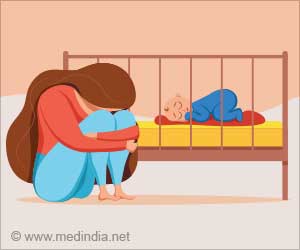According to researchers, curcumin, a popular Indian spice derived from the turmeric root, can help reduce cancer risk among postmenopausal women exposed to hormone replacement therapy.
According to researchers, curcumin, a popular Indian spice derived from the turmeric root, can help reduce cancer risk among postmenopausal women exposed to hormone replacement therapy.
Studies conducted in the past have suggested that a combined oestrogen and progestin hormone replacement therapy increases postmenopausal women's risk of developing progestin-accelerated breast tumors."The results of our study show that women could potentially take curcumin to protect themselves from developing progestin-accelerated tumors," said Salman Hyder, the Zalk Endowed Professorship in Tumor Angiogenesis and professor of biomedical sciences in the College of Veterinary Medicine and the Dalton Cardiovascular Research Center.
The study in University of Missouri using animal model, showed that curcumin delayed the first appearance, decreased incidence and reduced multiplicity of progestin-accelerated tumors.
Curcumin also prevented the appearance of gross morphological abnormalities in the mammary glands.
The research team previously showed that progestin accelerates the development of certain tumors by increasing production of a molecule called VEGF that helps supply blood to the tumor.
And blocking the production of VEGF could potentially reduce the proliferation of breast cancer cells.
Advertisement
"Curcumin and other potential anti-angiogenic compounds should be tested further as dietary chemopreventive agents in women already exposed to hormone replacement therapy containing estrogen and progestin in an effort to decrease or delay the risk of breast cancer associated with combined hormone replacement therapy," Hyder said.
Advertisement
Source-ANI
ARU












